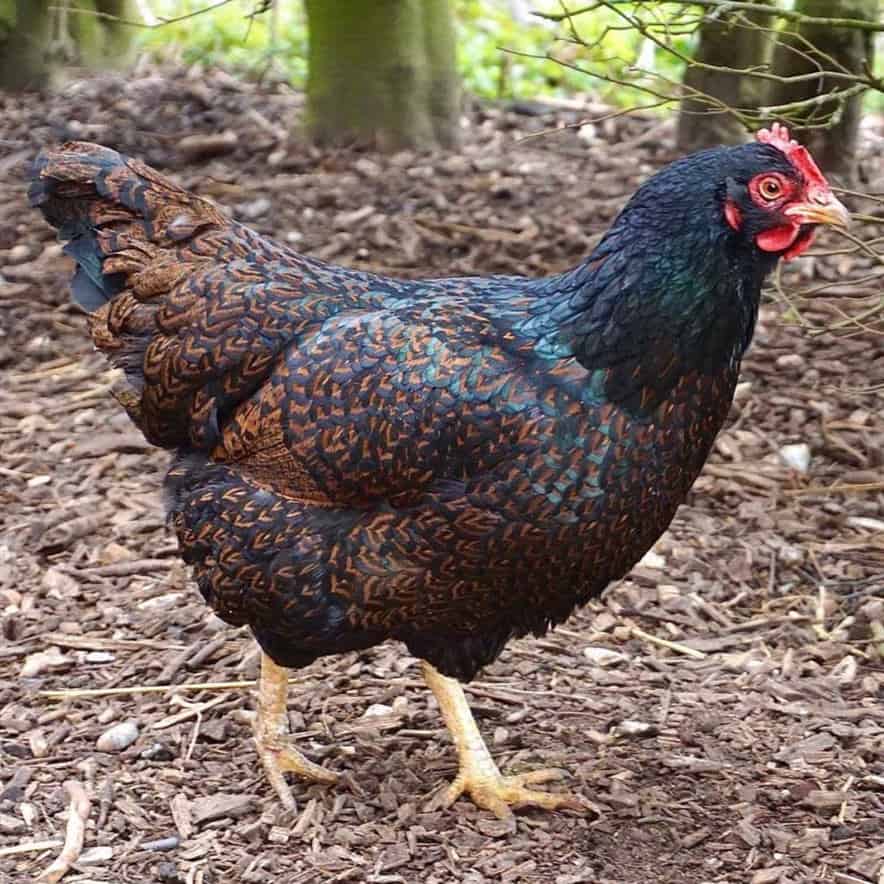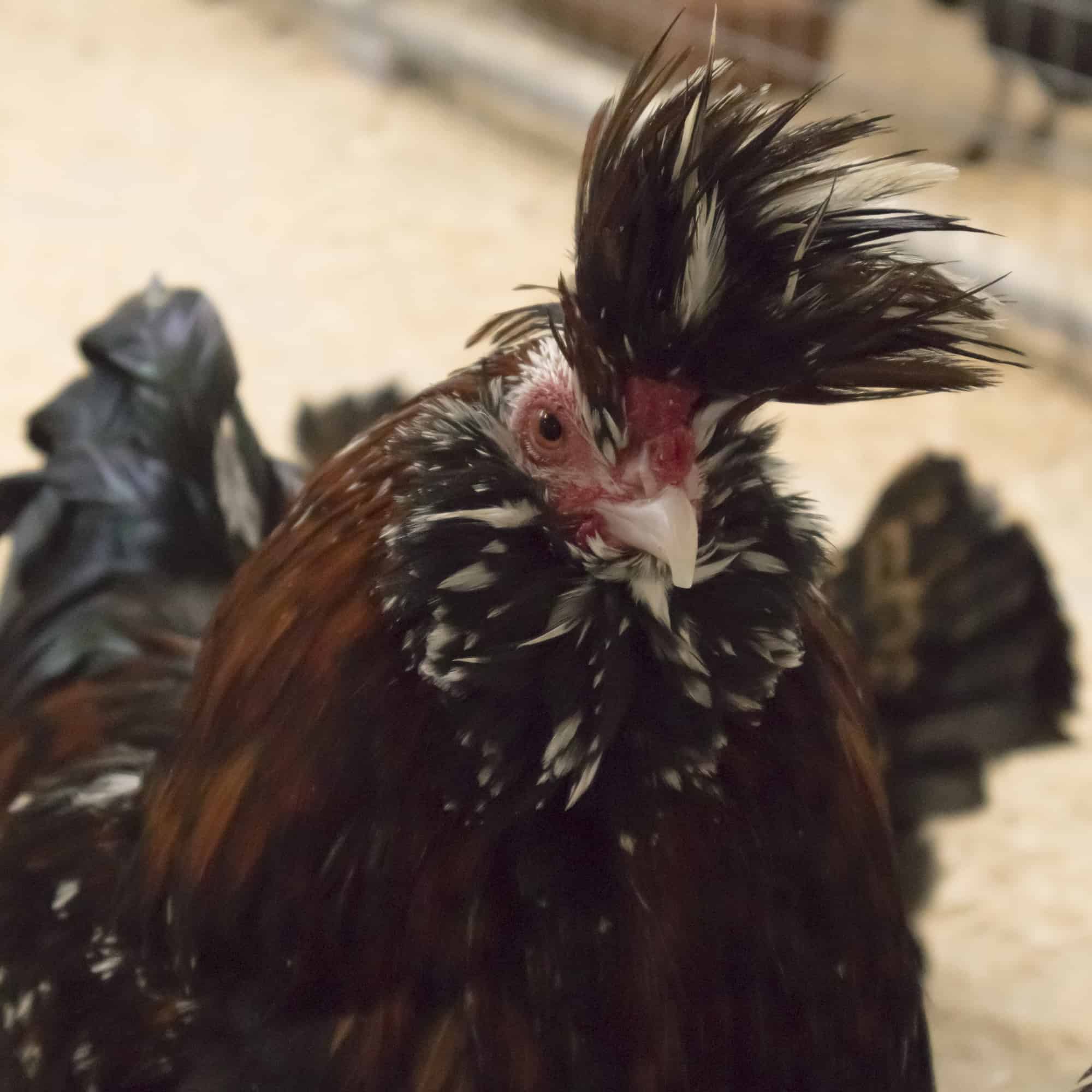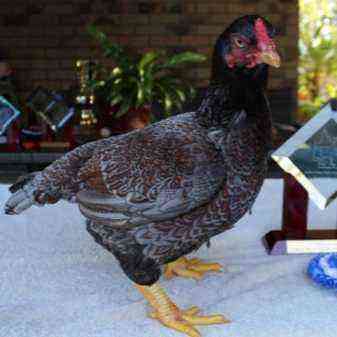The appearance and development of ascaridiosis is very often observed in young hens. This disease is very difficult. The chickens lose their appetite, they become depressed and lethargic. A week after infection, the birds become very emaciated, they noticeably slow down in growth and development, they show signs of anemia.
Treatment of chickens for ascariasis is carried out with drugs that contain phenothiazine, piperazine and arsenic tin.
Prevention of infection with ascaridiosis includes isolating sick birds from healthy ones, using only complete feeds in the diet, which are rich in vitamins, and re-plowing the paddock after winter.
Before replenishing an adult flock of chickens with new heads, a number of important measures must be taken to minimize the risk of infection of birds with ascaridiosis:
- treat adult hens so that they do not pollute the house and the ground in which they row with ascarid eggs. Treatment is best done before the immediate “resettlement” in late July or early August;
- clean and disinfect inventory and the chicken coop, remove the paddock.
If young birds are kept separately from adult stock, the first prevention against infection with ascaridiosis should be carried out in the middle or late autumn in October-November. The second prophylaxis is carried out immediately before the start of laying of young hens for about a month.
The joint maintenance of the entire population of birds implies preventive treatment of chickens at an earlier age – at 2-3 months. The second time the young animals are treated when they “switched” to winter maintenance. Adults are dewormed before oviposition.
During preventive treatment and two more days after it, chickens should always be in the chicken coop. And the litter that they have allocated during this time must either be buried, or burned, or subjected to biothermal disinfection. While deworming is being carried out in the poultry house, everything also needs to be cleaned and cleaned on the run.
At one month old, chicks should be treated with phenothiazine added to a wet mash. This method of prevention is called chemoprophylaxis.







































